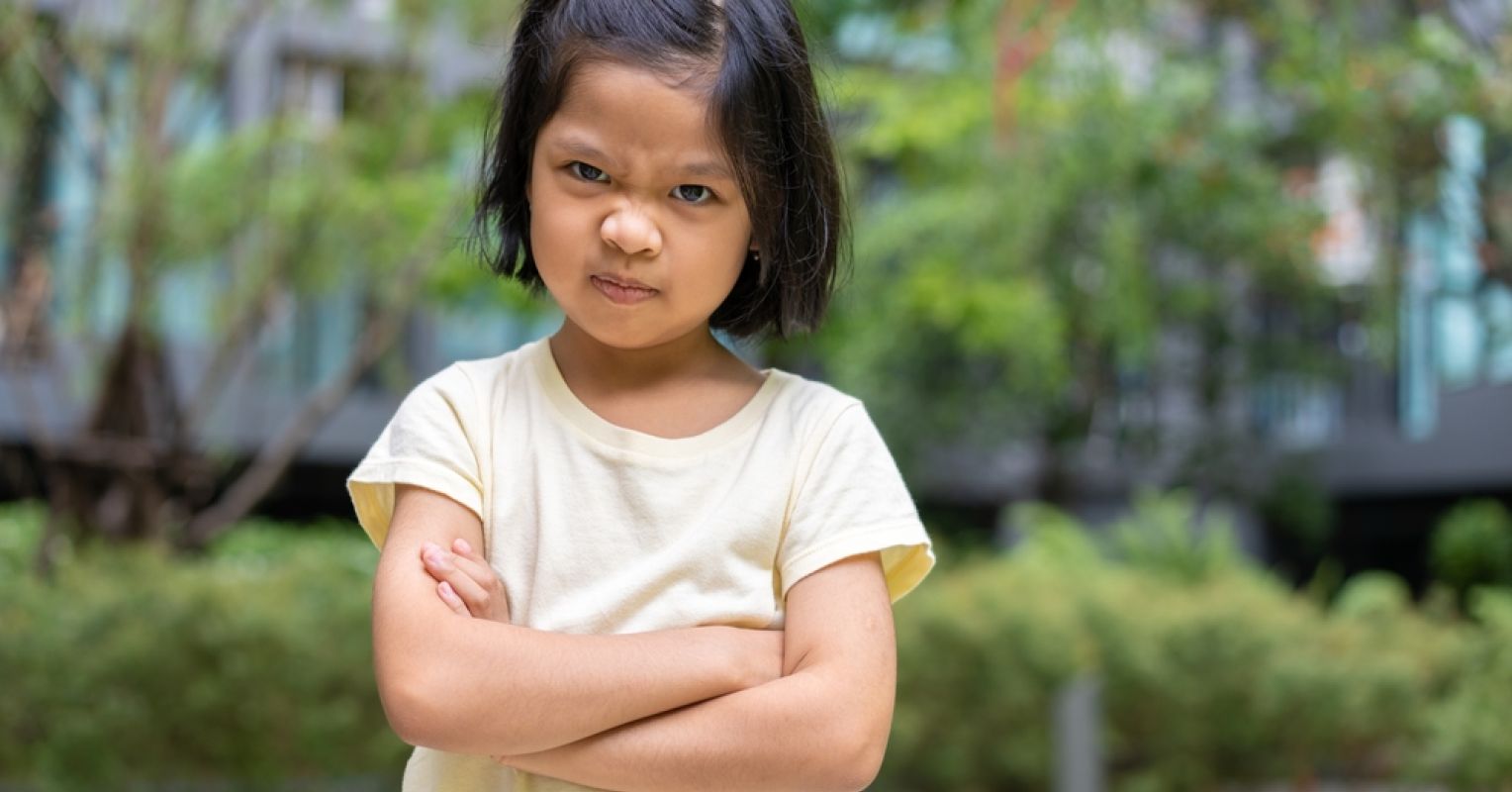
I was at a preschool this week and overheard one teacher telling another that one of the kids in her class is a “bully.” She knows because she had this child in her class last year—as a 3-year-old.
This gave me such pause and so much sadness for this child and his parents, whom I work with. They are incredibly warm, kind, loving people. Their son is a very sensitive little guy who has two older brothers who boss him around. He is desperate for their acceptance and approval. We are working hard to amend this dynamic—no small feat, as many of you know.
The fact is that to manage big feelings, kids sometimes project them. They rid themselves of these difficult emotions by assigning them to others, often targeting peers that they sense are also vulnerable. In this case, this little boy is making another child feel small and incapable—the way his brothers are making him feel. He is a hurt child acting hurtful.
These kids don’t start out wanting to be mean; they are acting on their own feelings of self-doubt and insecurity. Labeling them “bullies” is stigmatizing; it reinforces the very negative sense of themselves and results in more unkind behavior. It becomes a life sentence, starting in the earliest years, limiting the chance that they will get the help they need to build a stronger sense of self and ultimately act in kinder ways.
Of course, it is not OK to be unkind, and we need to protect other kids from harm. We also need to help the children engaging in bullying behavior learn to manage their feelings in ways that aren’t hurtful to others, to build their self-esteem, and help them develop positive friendships.
But what I see happening is that when a child is labeled a “bully” (which is different from calling a behavior “bullying”), it is much less likely they will receive the empathy and connection they desperately need to help them reflect on how their feelings impact their behavior—the key to reducing meanness and bullying—the ultimate goal. These kids internalize that they are “mean” and “bad,” which begets more hurting for all.
For more on why kids act mean and how to help, check out this post.
